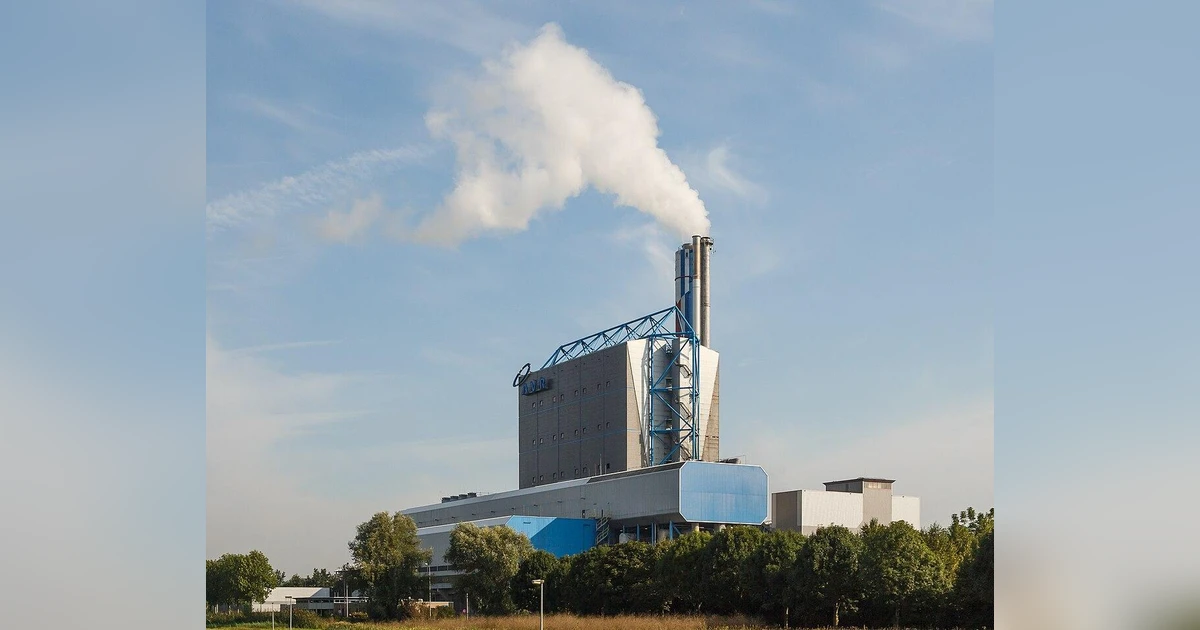Delhi's Waste-to-Energy Plants: Safe & Compliant, Says New Report - Addressing Pollution Concerns

Delhi's efforts to tackle its burgeoning waste problem have received a positive assessment. A recent joint report by the Central Pollution Control Board (CPCB) and the Delhi Pollution Control Committee (DPCC) has declared that the city's four waste-to-energy (WtE) plants – located in Okhla, Ghazipur, Bawana, and Tehkhand – are largely compliant with regulatory norms and pose minimal risks to public health and the environment. This news comes as a relief to residents who have long voiced concerns about the potential health impacts of these facilities.
Understanding the Waste-to-Energy Process
Waste-to-energy plants are crucial for managing municipal solid waste (MSW) in densely populated urban areas like Delhi. They incinerate waste at high temperatures, generating electricity and reducing the volume of waste sent to landfills. This process, when properly managed, offers a sustainable alternative to traditional waste disposal methods.
Key Findings of the Report
The comprehensive report scrutinized the operations of each plant, focusing on adherence to emission standards, waste management practices, and overall environmental impact. Key findings include:
- Compliance with Norms: The plants are generally compliant with the prescribed regulatory standards, demonstrating a commitment to responsible operation.
- Minimal Health Risks: The report concludes that the plants pose minimal risk to public health, alleviating concerns regarding air and water pollution. Regular monitoring and stringent control measures are contributing to this positive outcome.
- Environmental Benefits: By reducing the amount of waste going to landfills, the WtE plants are contributing to a decrease in methane emissions (a potent greenhouse gas) and conserving valuable land resources.
Addressing Ongoing Concerns & Future Improvements
While the report offers encouraging news, it also acknowledges that continuous improvement is necessary. Some areas identified for further attention include:
- Emissions Monitoring: Continued rigorous monitoring of emissions is vital to ensure ongoing compliance and detect any potential deviations.
- Ash Management: Proper management of the ash generated during incineration remains a critical aspect of environmental protection. The report suggests exploring options for utilizing this ash in construction materials.
- Public Awareness: Increased public awareness campaigns can help dispel misconceptions about WtE plants and promote a better understanding of their role in sustainable waste management.
The Bigger Picture: Delhi's Waste Management Challenge
Delhi faces a significant waste management challenge, generating thousands of tonnes of MSW daily. While WtE plants are a valuable component of the solution, they are not a standalone answer. A holistic approach encompassing waste reduction, segregation at source, recycling, and composting is essential for achieving a truly sustainable waste management system. The success of these plants, coupled with improvements in other areas of waste management, will be crucial for creating a cleaner and healthier Delhi.
This report provides a much-needed positive outlook on Delhi's waste-to-energy initiatives, highlighting the importance of responsible operation and continuous improvement in tackling the city’s waste crisis.






